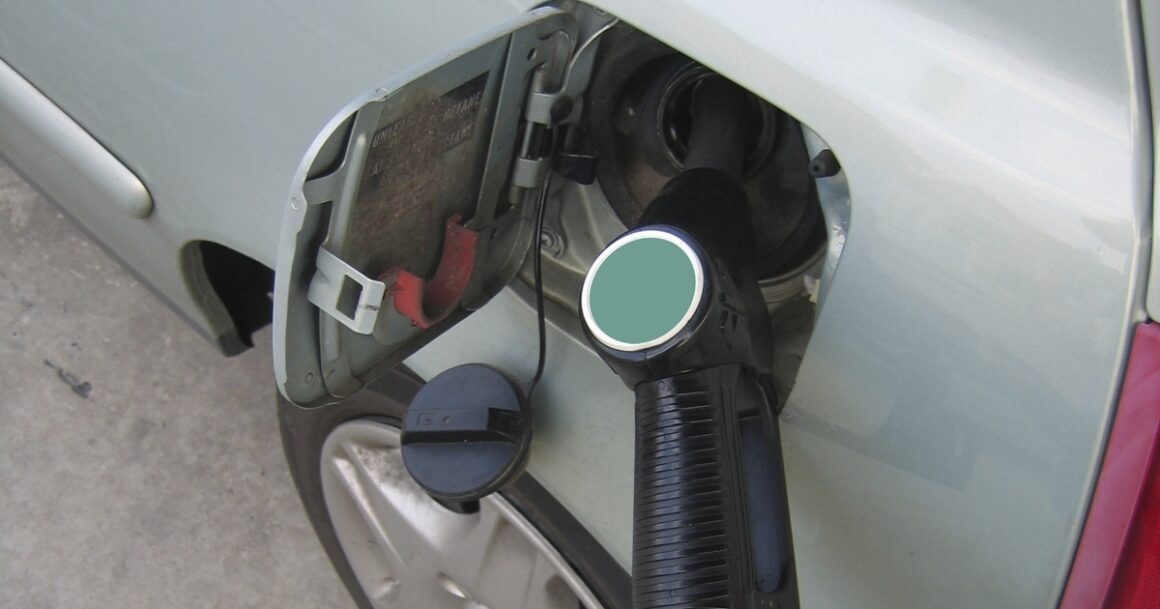

RISING INFLATION, the lifting of the cap on energy bills, and the economic sanctions on Russia will accelerate the biggest fall in living standards since the Second World War. Faced with this, the first response of the government – and behind them the employers – is to urge ‘restraint’ over pay as workers try to compensate for rising prices eroding the real value of their incomes.
Inflation is not a British but a global problem. In the USA, central bankers are trying to combat inflation by raising interest rates, which could well shock the entire world economy into a serious recession, that is, a repeat of what they did in the early 1980s, when the ‘cure’ of high inflation destroyed tens of millions of jobs and laid waste entire industries.
The only thing that might delay this is the shock they already imposed on the world economy by their sanctions on Russia. These measures of economic war, which have driven oil prices up and stock markets down, could well prove in the long to be almost as damaging to us as they are already proving to Russia. And there is no guarantee that they will stop Russia’s invasion of Ukraine – let alone provoke an uprising or palace coup to remove Vladimir Putin.
In any case, stormy times are upon us, and if the workers’ movement does not refurbish its fighting organisation and political leadership, our living standards will pay the price.
Despite the positive effects of Sharon Graham’s election in Unite, and the uptick in substantial pay claims by different sections of workers around the country, we cannot expect the union leaders to lead the fight necessary unless there is a qualitative improvement in workers’ organisation in the workplace and the community. That means not simply mobilising a tiny fraction of the rank and file to replace rightwing leaderships with leftwing ones, but politicising the trade union movement, as the first step to mobilising a working class fightback as consumers as well as producers.
This will be critical to launching a fightback this Spring against the ‘energy price shock’ being imposed on workers: the lifting of the energy price cap. More widely, we need to build solidarity committees that can mobilise support for a sustained campaign across the private and public sector for pay claims which compensate for their real-terms decline since 2010. Where that brings trade unions into conflict with Labour – it is Labour that has to choose whether to support workers or lose their support, money and, ultimately, votes.
Overall we need a programme of resistance that starts from a mass political campaign on the streets against the lifting of the energy price cap. This certainly means supporting mass demonstrations called by the trade unions and the People’s Assembly but these need to be mobilised for by building local and workplace organisation, that can generalise the experience of victories and prepare for their own campaigns.
Trades Councils, leftwing Labour Parties and campaigning groups should support the formation of local People’s Assemblies to unite the resistance, and prepare for mass action, demonstrations, pickets, strikes and other forms of direct action whose aim should be to make the rich pay for their crisis.
War
Putin’s invasion of Ukraine is a criminal act of imperialist aggression. The resistance of the Ukrainian forces and broad layers of the civilian population which has delayed the advance on the capital and other cities fully deserves the support of socialists and the labour movement. We wish it to be victorious, for Russia to be defeated and a discredited Putin to be overthrown by the Russian people.
But the Nato powers’ support for Ukraine – in the form of ‘devastating’ economic sanctions which will be ignored by oligarchs but impoverish Russian workers, and any direct military intervention, including a no fly zone, must be totally opposed. A direct armed conflict between Nato and Russia would not be a defence of Ukrainian independence but a war between rival imperialist gangsters and a rehearsal for war with China in the near future.
The fact that the Nato states are bourgeois democracies and Xi Jinping and Putin’s states repressive autocracies is not the decisive question. The western powers can afford democracy at home because of their economic dominance, which their rivals cannot yet match. The Vietnam, Iraq and Afghan wars show their methods to protect this dominance are no more democratic than their rivals.
Faced with the intervention by our own rulers who hope to economically demolish Russia, sap its military, and transform Ukraine into the military frontline of Nato, we say – the main enemy of workers in Britain is not Putin, but our own billionaires and the politicians who do their bidding.
Anti-socialist turncoats like Paul Mason who mock the standpoint of intransigent opposition to our imperialist rulers as ‘re-enactment Leninism’ are in fact re-enacting the role of the First World War’s social-imperialists. Having crossed with a hop, skip and a jump into the camp of the class enemy, Mason is safe, for now, from Keir Starmer’s purge of socialists and threats to expel anyone who doesn’t support Nato, but we should not abandon Labour to these agents of empire without a fight.
Unfortunately, the decision by the Socialist Campaign Group MPs to withdraw their signatures from a pacifist statement by Stop the War shows the leaders of the left have neither the backbone nor the stomach to stand up for their own supposed principles, let alone lead a fight over them. Sincere internationalists and class fighters should join Workers Power today.